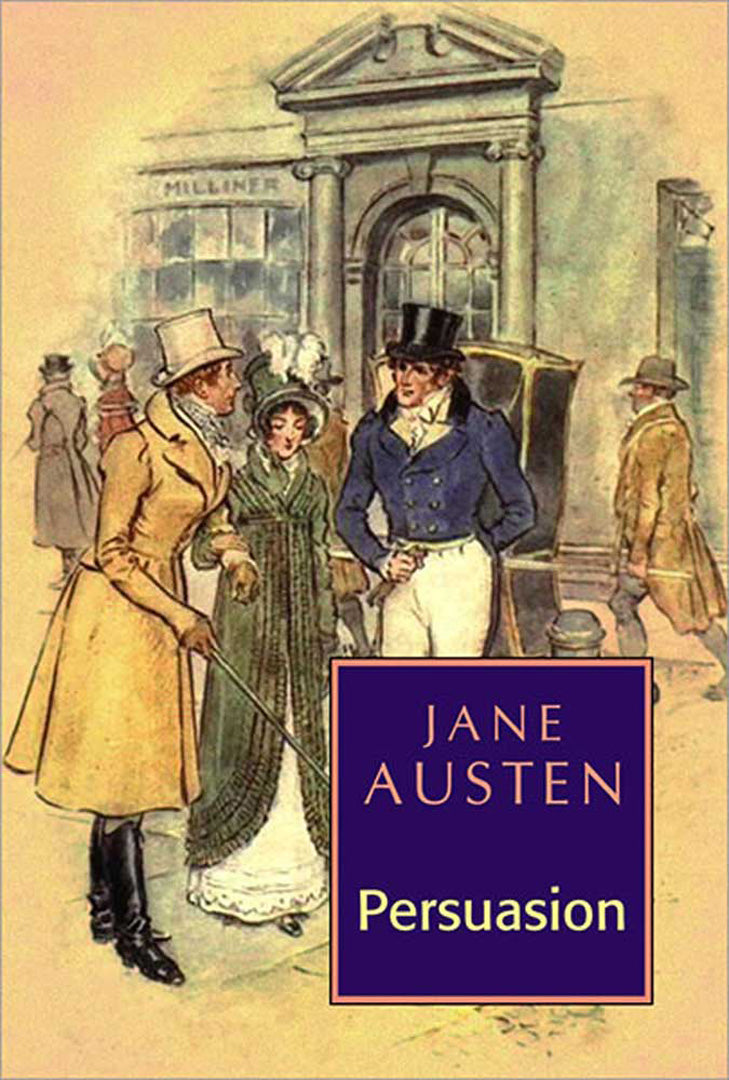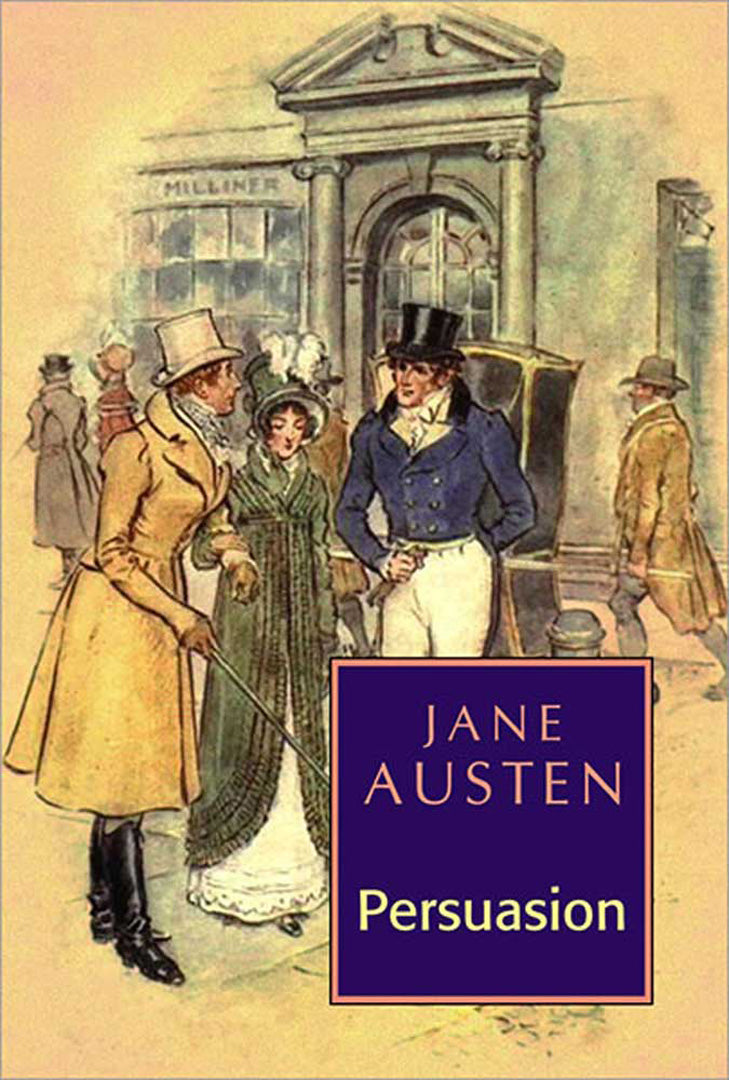Persuasion
Persuasion
Jane Austen
Couldn't load pickup availability
Share

More Information
- ISBN13:
- Publisher: Atlantic Publishers & Distributors (P) Ltd
- Publisher Imprint: Peacock Books
- Publication Date:
- Pages: 232
- Binding:
- Item Weight:
- Original Price:
About The Book
In Persuasion, Jane Austen’s last completed novel, unpublished until her death, satire and ridicule become milder and the tone is more grave and tender. This novel depicts her most memorable heroine – Anne Elliot, a young woman of perfect breeding, profound depth of emotion and unswerving integrity. These virtues, however, exist in a world – the world of country gentry in Regency England – where shallowness and hypocrisy thrive. It is Anne’s balanced confrontation with these forces, as she vies for the affection of the man she loves, which gives shape to a novel which shows Jane Austen’s rich maturity of vision and her newfound sense of human potential. Combining sharp wit and warm sympathy, stylistic brilliance and tender insight, the novel unfolds her matchless art.
Persuasion depicts the most beautiful and candid anatomy of woman’s love representing the author’s personal grief and loneliness. Jane Austen wrote to her niece Fanny, “You may perhaps like the heroine, as she is almost too good for me.”
About The Author
Jane Austen (1775-1817) was the daughter of a well-off, cultivated Hampshire clergyman, the Rev. George Austen. She was the sixth in a family of five sons and two daughters. Her main education was from her father. As a child and young woman she read widely, including among novelists, Fielding, Sterne, Richardson, and F. Burney; and among poets, Sir W. Scott, Cowper, and her particular favourite, Crabbe. She began her literary career by writing parodies and sketches for the amusement of her family. Some of these were later worked up into the major novels of her maturity. Her life is notable for its lack of events; although she had several suitors, she did not marry. In 1801 the family moved to Bath, in 1806, after Mr. Austen’s death, to Southampton, and 1809 to Chawton, again in Hampshire, where she lived till her death in 1817.
Jane Austen wrote of the provincial life she had seen (she never visited London) and there are no peasants and few noblemen among her characters. But her sense of comedy was aroused by the absurdities of the sentimental and gothic novels that she encountered, and her sharp mind enabled her to write ironically amusing sketches of character and situation; she minutely dissected snobbery, bourgeois morality and hypocrisy in an understated manner that comes as a relief from the excesses of many of her contemporaries.
Though her life was uneventful, placid, and circumscribed, Jane Austen was highly sensitive to what went on around her. Her observations on the manners of her time and of her class are reflected in her novels: Sense and Sensibility (1811), Pride and Prejudice (1813), Mansfield Park (1814) and Emma (1816).
On July 18, 1817, at Winchester, Hampshire, the author died, as quietly and serenely as she had lived.

